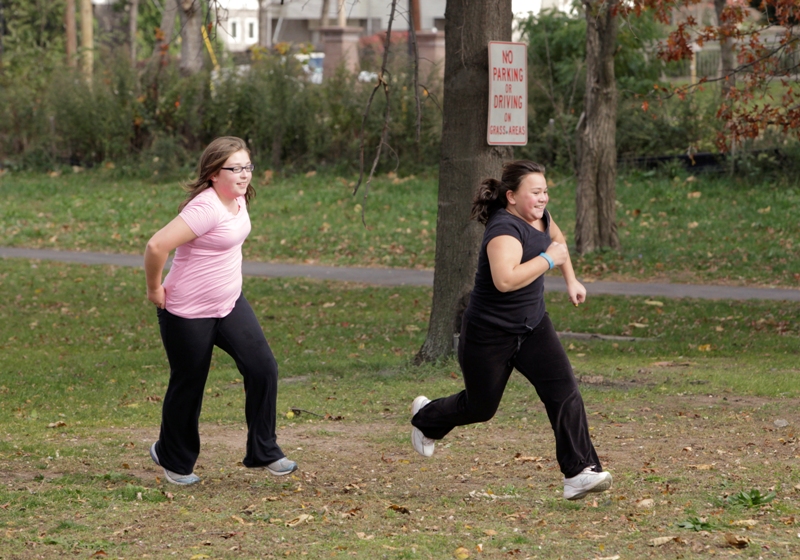Attachments
Note: Not all attachments are visible to the general public. Research URLs will go live after the embargo ends.

Research
JAMA, Web page
Please link to the article in online versions of your report (the URL will go live after the embargo ends).
Journal/
conference: JAMA Network Open
conference: JAMA Network Open
Research:Paper
Organisation/s:
The University of Newcastle, University of Granada, Spain
Funder:
This project was supported with grants DEP2013-47540, DEP2016-79512-R, DEP2017-91544-
EXP, and RYC-2011-09011 from the Spanish Ministry of Economy and Competitiveness and the Fondo Europeo de
Desarrollo Regional (FEDER) and by grant PID2020-120249RB-I00 from the MCIN/AEI /10.13039/501100011033.
Additional funding was obtained from the Andalusian Operational Programme supported with grant B-CTS-355-
UGR18 from the European Regional Development Fund (FEDER in Spanish). Dr Cardenas-Sanchez is supported by
grant FJC2018-037925-I from the Spanish Ministry of Science and Innovation and by a grant from the European
Union’s Horizon 2020 research and innovation programme under the Marie Sklodowska Curie grant agreement No
101028929. Dr Migueles is supported by grant FPU15/02645 from the Spanish Ministry of Education, Culture and
Sport, and grant 2012–00036 from the Swedish Research Council for Health,Working Life andWelfare. Dr Torres-
Lopez is supported by grant FPU17/04802 from the Spanish Ministry of Science, Innovation and Universities. Dr
Rodriquez-Ayllon was funded by grant DEP2017-91544-EXP from the Ramón Areces Foundation. Additional
support was obtained from grant ALICIAK-2018 from the Alicia Koplowitz Foundation, University of Granada, Plan
Propio de Investigación 2016, Excellence actions: Units of Excellence, Unit of Excellence on Exercise, Nutrition
and Health, the Junta de Andalucía, Consejería de Conocimiento, Investigación y Universidades; and grant
DEP2005-00046/ACTI from the EXERNET Research Network on Exercise and Health in Special Populations. This
research was supported by grant CB22/03/00058 from the Centro de Investigación Biomédica en Red de
Fisiopatología de la Obesidad y Nutrición, Instituto de Salud Carlos III, Ministerio de Ciencia e Innovación and Unión
Europea–European Regional Development Fund.



 Australia; International; NSW
Australia; International; NSW


